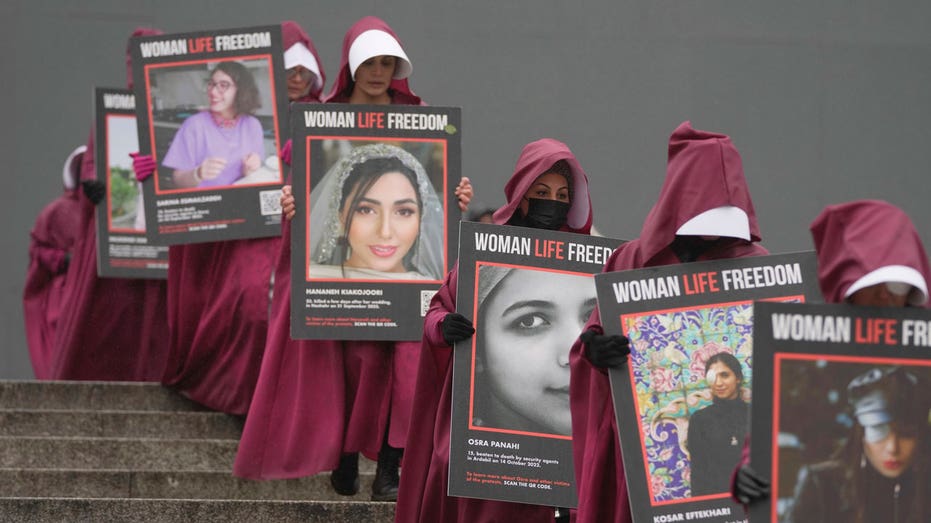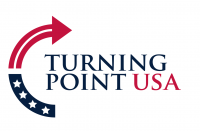The U.S. is imposing more sanctions on Iran, hitting people and firms accused of violating women’s rights during nationwide anti-government protests over the treatment of young women and girls.
Included in the sanctions are two prison officials, several firms that manufacture equipment for Iranian law enforcement, the commander in chief of the Iranian army and others.
Nationwide protests first erupted over the Sept. 16 death of 22-year-old Mahsa Amini while in the custody of Iran’s morality police. She was accused of violating Iran’s strict dress code for women by wearing her headscarf improperly. Those protests have continued for months.
Subsequently, a series of suspected poisonings at girls’ schools across the country, which sickened hundreds of students, fueled claims about the violation of women and girls’ rights and prompted protests.
Secretary of State Antony Blinken said in a statement that the U.S. government “remains deeply concerned that Iranian authorities continue to suppress dissent and peaceful protest, including through mass arrests, sham trials, hasty executions, the detention of journalists, and the use of sexual violence as a means of protest suppression.”
UNITED NATIONS CULTURAL AGENCY EXPRESSES CONCERN OVER SUSPECTED POISONING OF IRANIAN SCHOOLGIRLS
Brian Nelson, Treasury’s under secretary for terrorism and financial intelligence, said in a statement that Iran’s government “treats women as second-class citizens and attempts to suppress their voices by any means.”
“We will continue to take action against the regime, which perpetuates abuse and violence against its own citizens — especially women and girls,” Nelson said.
The latest sanctions were imposed in coordination with the European Union, United Kingdom and Australia, with the announcement purposely made on International Women’s Day.
Among other things, the sanctions deny the people and firms access to any property or financial assets held in the U.S. and prevent U.S. companies and citizens from doing business with them.
The U.S. has taken several steps to isolate Iran from the global community, as protests have continued. In November, the U.S. announced that it’s seeking to oust Iran from the U.N.’s premiere global body fighting for gender equality. Vice President Kamala Harris said Iran is “unfit” to serve on the commission and its presence “discredits the integrity” of its work.
Iran’s government in February celebrated the 44th anniversary of the 1979 Islamic Revolution, which brought a Shiite theocracy to power.










